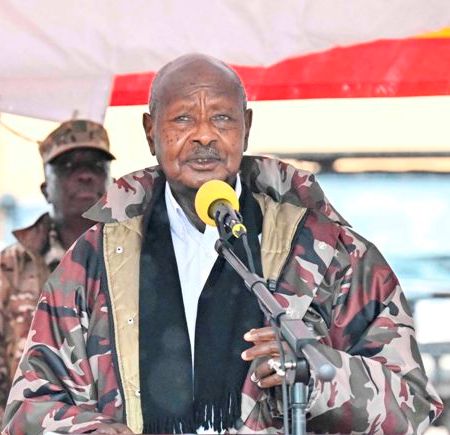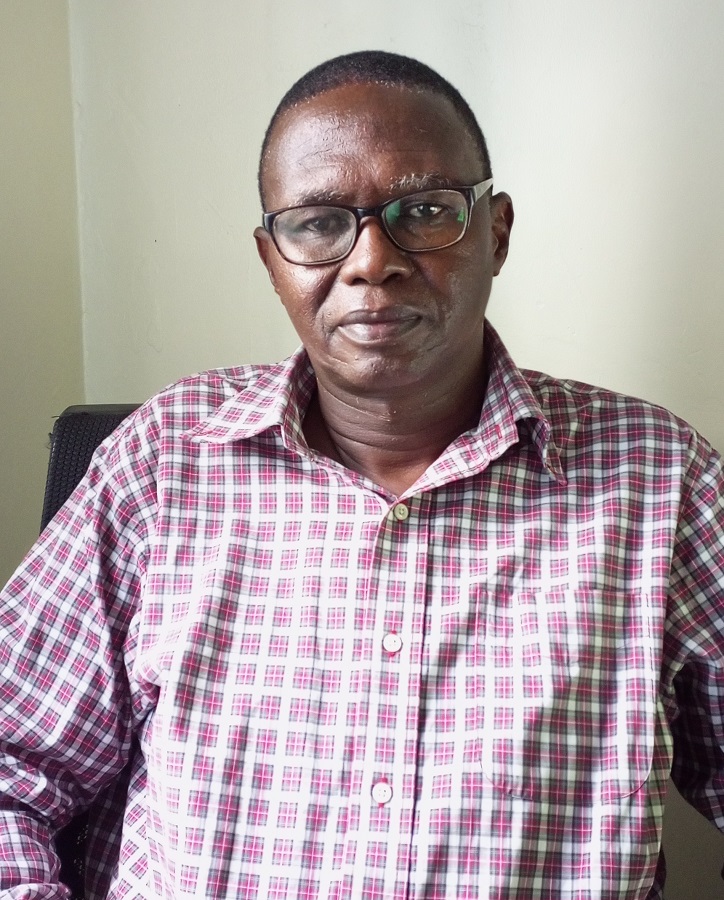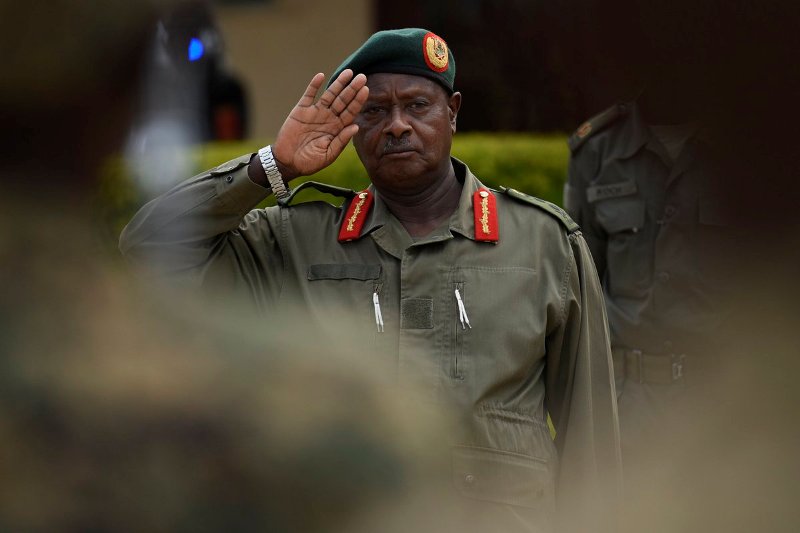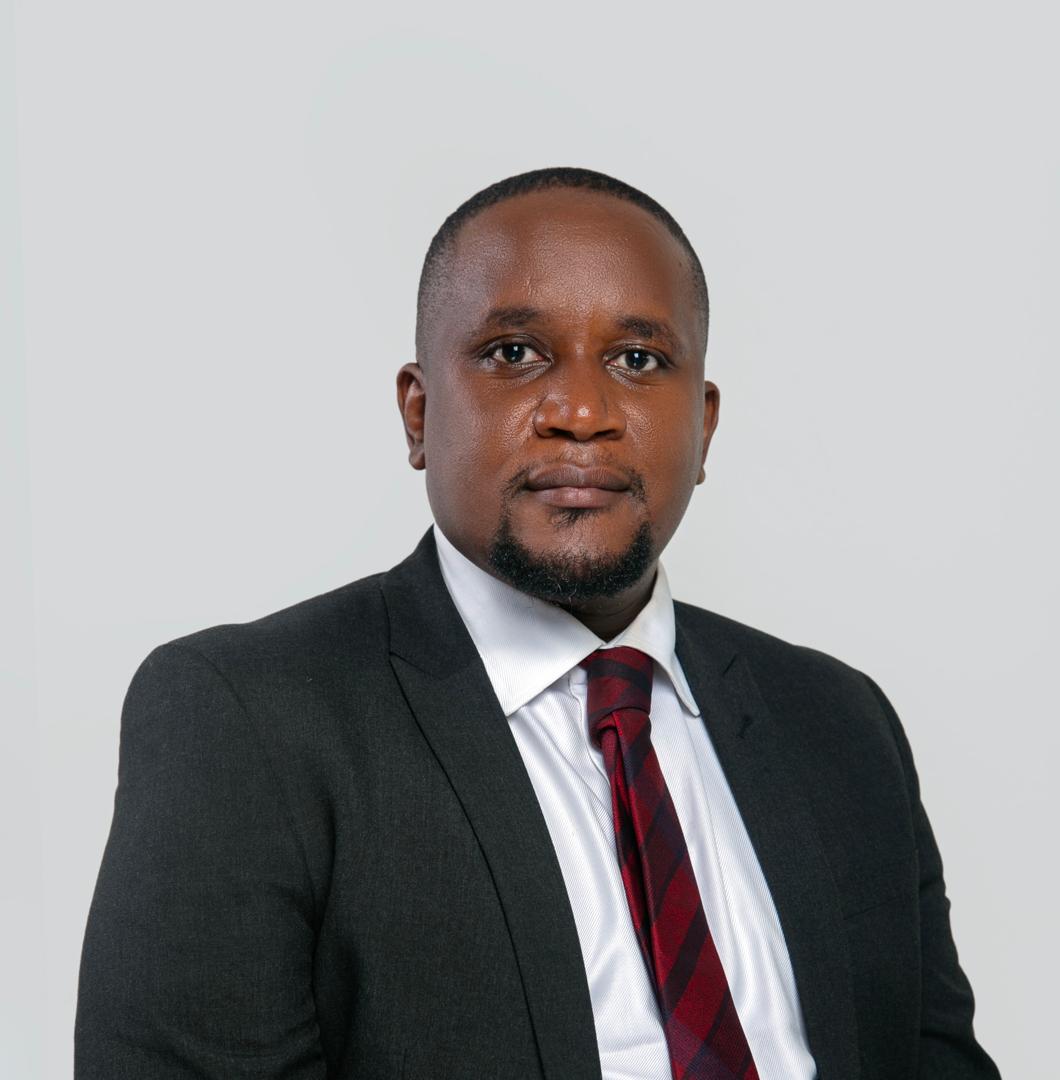Why is Uganda likely to be ungovernable beyond president Tibuhaburwa Museveni?
In 1997 Wafula Oguttu’s independent Newspaper, The Monitor, which was replaced by present-day Daily Monitor, asked President Tibuhaburwa Museveni, what kind of Uganda he envisioned after him. Very quickly responded in one word: Ungovernable.

By Oweyegha-Afunaduula
Uganda offers almost unequalled opportunities for the study of civil war1 with no less than fifteen cases since independence in 1962 (see Figure 1) – a number that makes it one of the most conflict-intensive countries on the African continent. The current government of Yoweri Museveni has faced the highest number of armed insurgencies (seven), followed by the Obote II regime (five), the Amin military dictatorship (two) and the Obote I administration (one).2 Strikingly, only 17 out of the 47 post-colonial years have been entirely civil war free (Stefan Lindemann, 2010).
In 1997 Wafula Oguttu’s independent Newspaper, The Monitor, which was replaced by present-day Daily Monitor, asked President Tibuhaburwa Museveni, what kind of Uganda he envisioned after him. Very quickly responded in one word: Ungovernable. The President did not reveal why he thought, believed and was convinced Uganda will be ungovernable after him.
President Tibuhaburwa Museveni, may have been guided in his answer by the fact that after the fall of President Idi Amin Dada, who called himself President for life, Uganda was ungovernable after the transition from Uganda National Liberation Front/Army (UNLF/A) rule to Uganda People s Congress/Uganda National Liberation Army (UPC/UNLA) rule.
UNLA had previously included President Tibuhaburwa Museveni’s guerilla force called Front for National Liberation (FROASA), and former President Apollo Milton Obote’s guerilla force called Kikosi Maalum (KM). FRONASA and KM had spent almost 7 years waging guerilla war Idi Amin’s Uganda Army (UA) but separately. It was the Moshi Conference of disparate groups held in the Tanzanian Town of Moshi, which included UPC, Democratic Party (DP) and FRONASA. The Moshi Conference brought FRONASA and KM together to form the armed wing of UNLF -the UNLA.
Prior to the formation of UNLA and UNLA FRONASA and KM made Amin’s governance of Uganda so extremely difficult that by 1979, the military regime collapsed and Idi Amin fled the country, first to Libya and them Arabia where he died and was buried. His appeal to President Tibuhaburwa Museveni to enable his body to be buried in Uganda when he died, met deaf ears. He himself had returned the body of former President Sir Edward Mutesa II, but President Tibuhaburwa Museveni was not ready to do the same to his body.
The period between 1980 to 1986 was characterised the violence numerous rebel groups, all directing their guns onto the UPC/UNLA regime, which also got stressed and strained by mistrust and suspicion between Langi and Acholi soldiers of the UNLA. FRONASA quit UNLA en masse to regroup as Popular Resistance Army (PRA).
The following were the rebel groups that were fighting the Obote II government: Museveni’s PRA; Yusuf Lule’s Uganda Freedom Fighters (UFF), Andrew Kayira’s Uganda Freedom Movement (UFM); Federal Democratic Movement (FEDEMO); Moses Ali’s Uganda National Rescue Front (UNRF); Juma Oris WNBF; Amin Onzi’s Former Uganda National Army (FUNA); Uganda National Liberation Front – Anti Dictatorship JointLule-National Resistance Movement/Museveni National Resistance Army (NRA); Uganda People’s Democratic Army (UPDA). There was also the mouth war weapon called the Gang of Four (Nabudere, Tandon, Rugumayo, Omony Ojok), which was communist oriented. Simply Uganda was ungovernable. So many war lords! After the NRM/A grabbed power on 25th January 1986, Holy Spirit Movement; (HSM); Uganda People’s Army (UPA); Lord’s Resistance Army(LRA); West Nile Bank Front(WNBF)and Allied Democratic Forces (ADF) emerged. NRA conquered HSM, UPA, LRA and WNBF but as I write, it is still combating ADF
With so many War Lords and the contradictory political messages of the Gang of Four and especially the propaganda of the NRM/A combined with the multiple fire powers, Uganda proved to be a very ungovernable country. This was compounded by the stresses and strains within the UNLA between the Langi and Acholi soldiers.
With such a history of rebellion, no one can disagree with President Tibuhaburwa Museveni when he says the potential for Uganda to be ungovernable is extremely high after his rule. Let me try to just list what makes the ungovernability of Uganda beyond President Museveni a real possibility.
Why Uganda will be Ungovernable
- Environmental decay and collapse, and climate change which will cause conflicts over dwindling resources and food scarcity.
- Ethnicity, which has been confounded by ethnic politicisation and political ethnisation
- The overpenetration of the country by refugees who the indigenous people perceive as benefitting from the country’s resources and opportunities far more than they are.
- The widespread perception by Ugandans that their country has been occupied by people of extraneous origin
- Land grabbing by people from mainly Rwanda and Mulenge in Eastern Democratic Republic of Congo (DRC).
- Exclusionary politics, which keeps power and authority in within a small group of people dominated by one ethnic group and of kith and kin.
- Mineral rich areas see their natural resources being clandestinely being exploited without them benefitting in any way
- Exclusionary populism, which understands the people as an ethnically or culturally homogeneous unitand excludes those who do not belong to the dominant ethnic group in terms of power and authority.
- The extremely widening gap between the rich and the poor
- Extreme corruption scandals that have shaken the country, resulting in people becoming stinkingly rich without working while denying the absolute majority of Ugandans development, transformation and progress in the 21st Century.
- Hereditary politics, which casts Uganda as a monarchy without the approval of the broad masses of Ugandans (i.e., Hereditary politiciansrefers to politicians (especially modern politicians) whose political position can be seen as being conferred by or based on inheritance from a parent or grandparent in some sense).
- Political dynastyor political family simply means that several members of the same family (whether related by blood or marriage) are involved in politics, regardless of the type of office. Thus, hereditary politician can be said to be a more specific subset of political dynasty as it refers to the next generation/s gaining the same political office as their parent or grandparent.
All thse and more will translate into conflicts and rebellions and make Uganda ungovernable beyond President Tibuhaburwa Museveni. If they persist they will combine to confirm President Museveni’s fear or prediction that Uganda will be ungovernable beyond his rule.
For God and My Country
For God and My Country
Allan Chekwech (2012). The Armed Groups of 1080s. Daily Monitor, November 9 2012,https://www.monitor.co.ug/uganda/special-reports/uganda-50/the-armed-groups-of-1980s-1529784 Visited on 43 April 2025 at 9:58 am EAT
Bogner, A., & Rosenthal, G. (2017). Rebels in Northern Uganda after their return to civilian life: between a strong we-image and experiences of isolation and discrimination. Canadian Journal of African Studies / Revue Canadienne Des Études Africaines, 51(2), 175–197. https://doi.org/10.1080/00083968.2017.1306451
Day, Christopher R (2011). The Fates of Rebels: Insurgencies in Uganda.Comparative Politics Vol, pp. 439-458 (20 pages) Published By: Comparative Politics, Ph.D. Programs in Political Science, City University of New York
Day, Christopher. “3 Multiple Fates: Rebel Groups in Uganda”. The Fates of African Rebels: Victory, Defeat, and the Politics of Civil War, Boulder, USA: Lynne Rienner Publishers, 2019, pp. 51-100. https://doi.org/10.1515/9781626378193-004
Henry Makmot (2012). Moshi Conference as told by Henery Makmot. http://www. jjanguonkwekule.blogspot.com 23 February 2012.
Kasozi, Abdu. 1994. The Social Origins of Violence in Uganda, 1964-1985, Montreal: McGill-Queen’s University Press.
Stefan Lindemann (2010). EXCLUSIONARY ELITE BARGAINS AND CIVIL WAR ONSET: THE CASE OF UGANDA. Working Paper no. 76 – Development as State-makingCrisis States Research Centre. August 2010. https://www.lse.ac.uk/international-development/Assets/Documents/PDFs/csrc-working-papers-phase-two/wp76.2-exclusionary-elite-bargains-and-civil-war-onset.pdf Visited on 3 April 2025 at 10:29 am EAT







